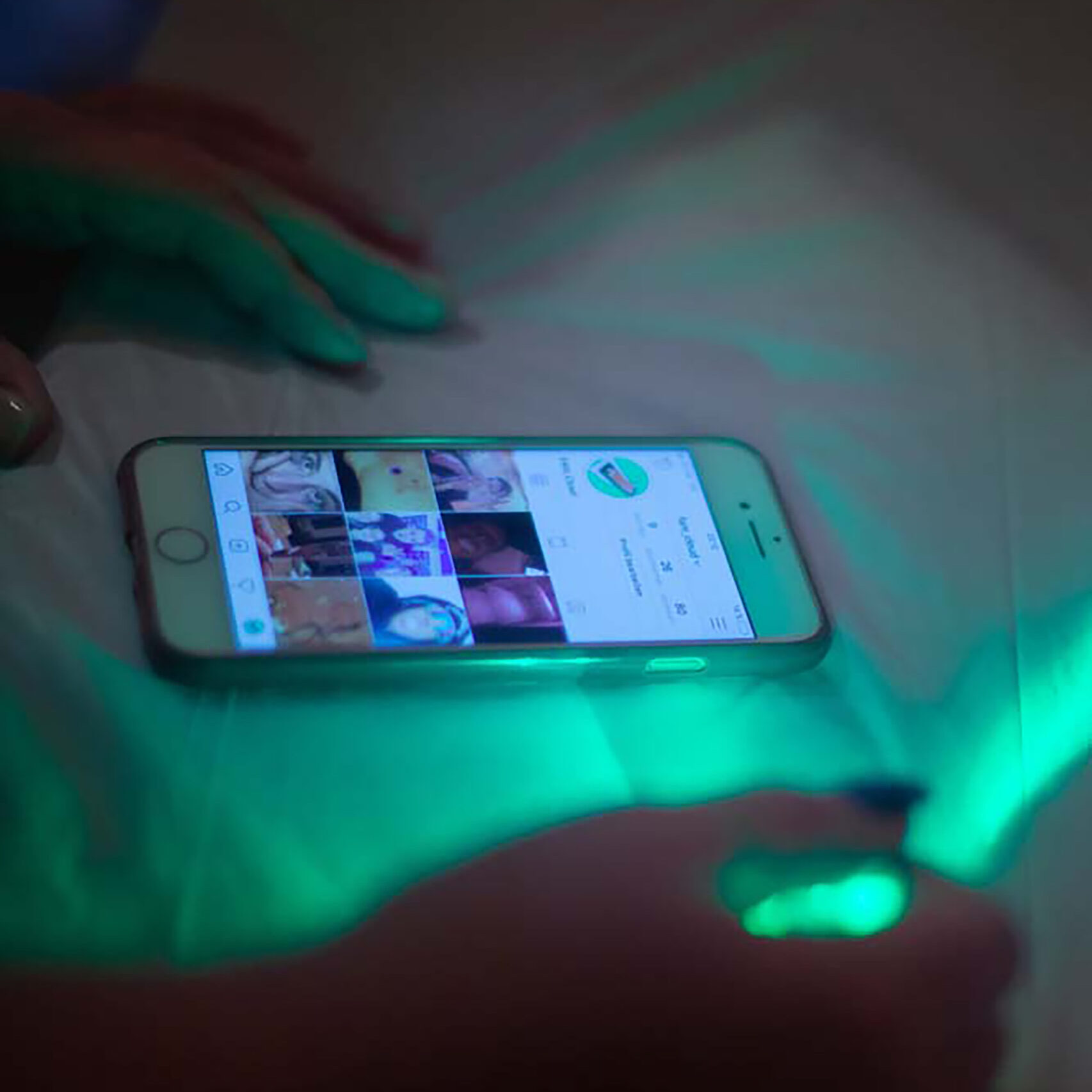Science meets art | DATA POETICS / DATA POLITICS
Thursday, 28.11.2024, 11:00 to 19:30 hrs
UniversitY Witten/Herdecke – Holzbau (UG)

Data has long since become the raw material of social environments; this naturally includes our economic activities and simultaneously designates alternative economies (e.g. attention and platform economies). Based on everyday situations, we would like to shed light on what data does to us and how implication-rich the changes can be about the world and self-perception. Beyond the influential ‘Big Tech’, the (political) question of data sovereignty also arises.
Based on this, scientists and artists will engage in a dialog to explore the questions: What is data?
What does data do with me and among us?
What do (smart) technologies do with our data and what do we in turn do with these technologies?
How does data change our relationships and our self-relation?
What perspectives and solutions can media art and art-based research offer when dealing with data & AI?
With contributions by Prof. Dr. Paul Feigelfeld, !Mediengruppe BITNIK, Audrey Samson (Goldsmiths College, University of London, FRAUD collective), Prof. Sven Meister, Prof. Matthias Kettner, Prof. Kerrin Jacobs, Dr. Jonathan Harth, and more. We look forward to a keynote speech by internationally renowned AI policy advisor Dr. Gemma Galdón-Clavell.
PROGRAM
11:00: Welcome
Aude Florence Bertrand-Höttcke and Klaas Werner
11:30 – 12:30: Keynote by Prof. Dr. Paul Feigelfeld
If only you could see what I have seen with your eyes. Why intelligence is always artificial.
The lecture explores the history of an idea of thinking which determines our present and future. Particular interest lies in the stories less told, the media technological dead ends and cultural historical secret passages. Their charting and investigation are essential for a better understanding of the cultural, social, political and technological consequences that lie ahead.
12:30 – 13:00: Lecture by !Mediengruppe Bitnik
Unreal Data – Real Effects
With the shift to a data-driven society, automated data collection has become an intrinsic component of most technological systems and devices. Our interactions with technology generate data that in turn influences our world: our devices tell us how well we have slept, predict where our favourite restaurants will be and what products we will like. But data systems also shape the news we read, the borders we are allowed to cross, the jobs we can successfully apply for. Using examples, !Mediengruppe Bitnik explore how reality is shaped by data and how producing specific data can become a means to strategically intervene into data-driven systems. What possibilities for resistance remain, when opting out of data streams is no longer an option? How can data be used not to describe the world but instead to strategically intervene in it?
14:00 – 15:30: Workshops with Dr. Kerrin Jacobs, Prof. Dr. Sven Meister and !Mediengruppe Bitnik
Session 1: re:cognition and social pathology – Dr. Kerrin Jacobs
We all exist twice, as a physical person and as a digital agent or “data-set”. For many people, their own digital presence has long since become a “project” and thus also a mirror of the conditions of social recognition. In this session, we talk about the regimes of digital self-presentation in social media, and in doing so, work out the interpersonal and transpersonal dynamics of digital struggles for recognition. Some digital reproduction dynamics of what we evaluate as false or lack of recognition against the backdrop of what we see as adequate expression of social recognition will be outlined and put up for discussion in relation to “classical” socio-pathological phenomena (e.g. exclusion, alienation, loneliness). This session is primarily intended for people who may not yet have any specific (digitalization) philosophical knowledge and simply want to engage in an open discussion with their own “digital” experiences (e.g. as a content creator, or as social media user) about self-representation regimes, strategies of (in)visibilization and the digital reproduction dynamics of power relations. In doing so, we are attempting to bridge the gap between an interpersonal modeling of (pathodynamic) social recognition relationships and the transpersonal dynamics of digital self-representation, to outline also those processes that take place “behind the backs of the agents” as (digital) scripts that (pre)determine the struggles for social recognition.
Session 2 with Prof. Dr. Sven Meister
Session 3: Unreal Data – The 1 Review Tour ⭐!Mediengruppe Bitnik
For their recent series of works «The 1 Review Tour» !Mediengruppe Bitnik with their co-⭐artists Selena Savić and Gordan Savičić look at how online rating systems shape the perception and experience of a place. One of the most widely used evaluation schemes online is the five-star system which is widely used in contemporary data-driven environments and shapes choices regarding, for example, selecting a doctor, shopping or dining out. The popularity of the five-star system stems from the ease of judgement it proposes, its implied clarity (five is better than one) and the way it transforms personal opinions into objective values by way of aggregation (individual reasoning doesn’t matter if many people come to the same conclusion). In this work group we will look at the materiality of this data, its specific textures and aesthetics. What types of views on the city can we generate from the data? How can we approach the data in interesting ways? Can we use the collected data as a form of critique and for artistic research?
16:00 – 17:30: Lecture by Prof. Dr. Audrey Samson
Intelligence? An interpretation
Audrey Samson intends to present an interpretive account of how representational abstraction materially reorganises land and the species inhabiting it, through the consideration of early photogrammetry apparatuses which served to interpret crop analysis. This media archaeology informs the legacy of early pattern recognition and interpretation in today’s geospatial intelligence systems. In addition to this critical historiography, she will examine the technological development of software such as Descartes, sketching the stakes of space as a territory of pre-emption, and its concomitant ontological implications, which marks a shift from “interpretation” to “intelligence”.
& Lecture by Dr. Simon Roloff
AI Noir: Scientific-Literary Experiments with Large Language Models
Moderation talk: Dr. Jonathan Harth
This talk explores the intersections of generative AI as a form of “artificial communication” (Elena Esposito) and contemporary literary experimentation. By analyzing Allison Parrish’s Compasses, Hannes Bajohr’s Berlin/Miami, and his own work Unsolvable Cases, he investigates how working with AI literature can highlight technical aspects, narrative structures and meaning-making of language-related AI. The presentation argues that generative AI opens a space for rethinking literature as an experimental dialogue between artificial and human communicators, advancing both critical and poetic perspectives on data-driven culture.
18:00 – 19:30: Keynote by Dr. Gemma Galdón-Clavell
AI: don’t believe the hype!
Moderation: Prof. Dr. Matthias Kettner
Registration via data@uni-wh.de.
!Mediengruppe Bitnik are contemporary artists working on, and with, the Internet. Their practice expands from the digital to physical spaces, often intentionally applying loss of control to challenge established structures and mechanisms. In the past they have been known to subvert surveillance cameras, bug an opera house to broadcast its performances outside, send a parcel containing a camera to Julian Assange at the Ecuadorian embassy in London and physically glitch a building. In 2014, they sent a bot called «Random Darknet Shopper» on a three-month shopping spree in the Darknets where it randomly bought items like keys, cigarettes, trainers and Ecstasy and had them sent directly to the gallery space. !Mediengruppe Bitnik’s works formulate fundamental questions concerning contemporary issues.
Their works are shown internationally, most recently in exhibitions at:
CAC Shanghai, LOAF Kyoto, Annka Kultys Gallery London, House of Electronic Arts Basel, Eigen + Art Lab Berlin, Super Dakota Brussels, Centre Culturel Suisse Paris, Aksioma Ljubljana, Kunsthaus Zurich, FACT Liverpool, Onassis Cultural Center Athens, Public Access Gallery Chicago, Kunstverein Hannover, Nam June Paik Art Center South Korea, Fondazione Prada Milano, Shanghai Minsheng 21st Century Museum, The Pushkin Museum of Fine Arts Moscow, Cabaret Voltaire Zurich, Beijing Contemporary Art Biennial and the Tehran Roaming Biennial. They have received awards including: Swiss Art Award, PAX Art Award, Prix de la Société des Arts Genève, Migros New Media Jubilee Award, Golden Cube Dokfest Kassel, Honorary Mention Prix Ars Electronica.
More info about !Mediengruppe Bitnik
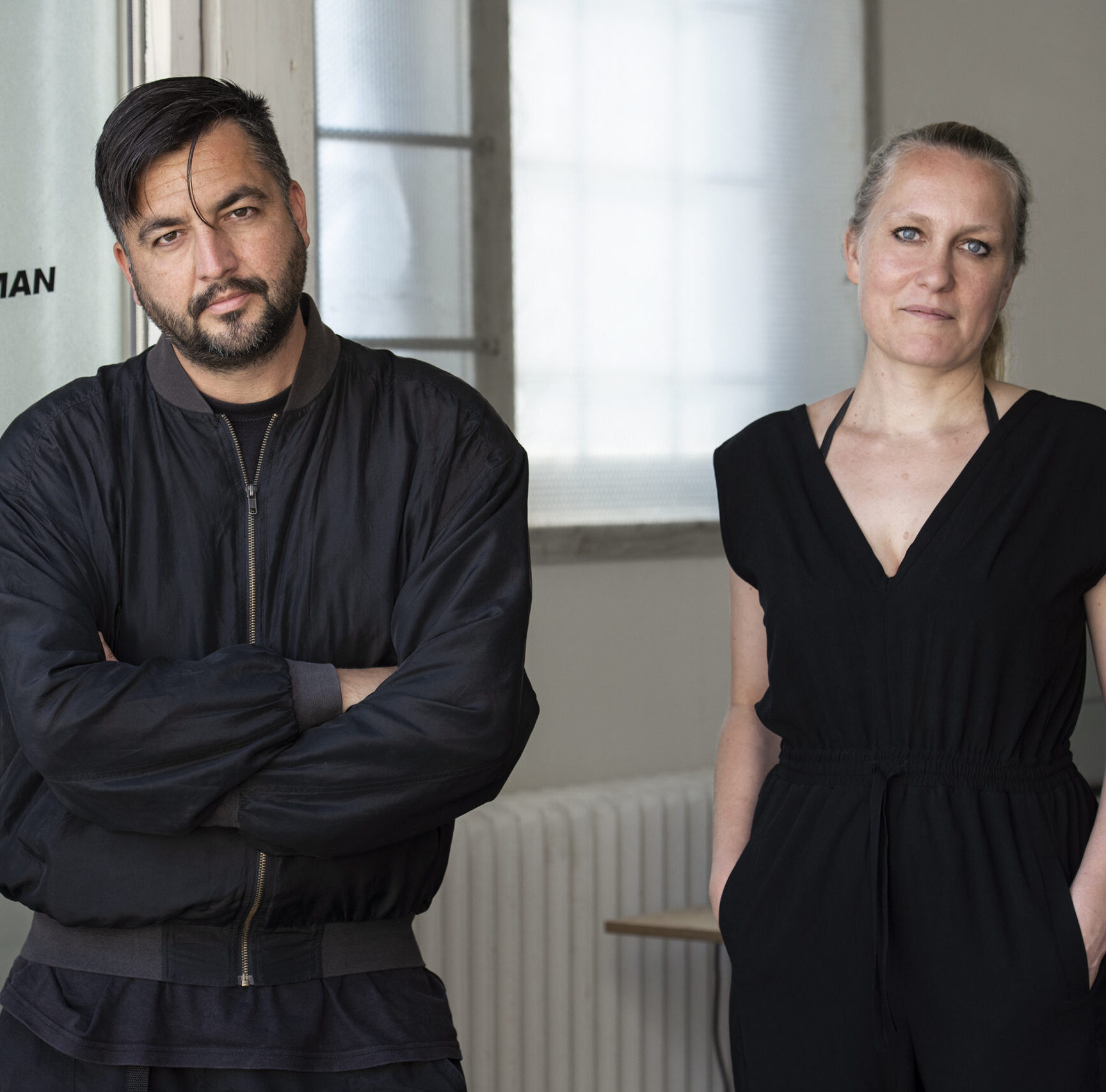
Prof. Dr. Paul Feigelfeld is a cultural and media scholar. He is a professor of digitality and cultural mediation and part of the Institute for Open Arts at the Mozarteum University Salzburg, as well as co-director of the Data Arts Forum. Until 2025, he is also a guest professor in the Chair of Media Theories at Humboldt University of Berlin. His work explores transcultural and transmedia approaches to media and knowledge history, critical perspectives on technologies, and their intersections with art and design. He works with and advises art institutions such as HKW Berlin, Vitra Design Museum, and the MAK Museum of Applied Arts Vienna, where he was guest curator for the 2019 Vienna Viennale with the exhibition “Uncanny Values. Artificial Intelligence & You.”

Dr. Gemma Galdón-Clavell is a pioneer and global force in AI safety and auditing, ensuring that machine learning tools truly serve society. She is the founder and CEO of Eticas.ai, a venture-backed organization that identifies, measures and corrects algorithmic vulnerabilities, bias and inefficiencies in predictive and LLM tools. Eticas’ software, the ITACA platform, is the first solution to automate impact analysis and monitoring, ensuring that AI systems are high performing and safe, explainable, fair and trustworthy. Her impactful work earned her recognition as a Mozilla Rise25 honoree in 2024, Hispanic Star Awardee at the United Nations in 2023, an Ashoka Fellow in 2020 and a finalist at the EU Prize for Women Innovators awarded by the European Commission in 2017. In 2023 the BBC acknowledged her as one of the “people changing the world” and in 2024 she was honored by Forbes Women as one of the “35 Leading Spanish Women in Technology”, praised as “a pioneer in algorithmic auditing software”. Dr. Galdón-Clavell is an active advisor to international and regional institutions such as the United Nations (UN), the Organization for Economic Cooperation and Development (OECD), European Institue of Innovation and Technology (EIT) and the European Commission, among others.
More about eticas
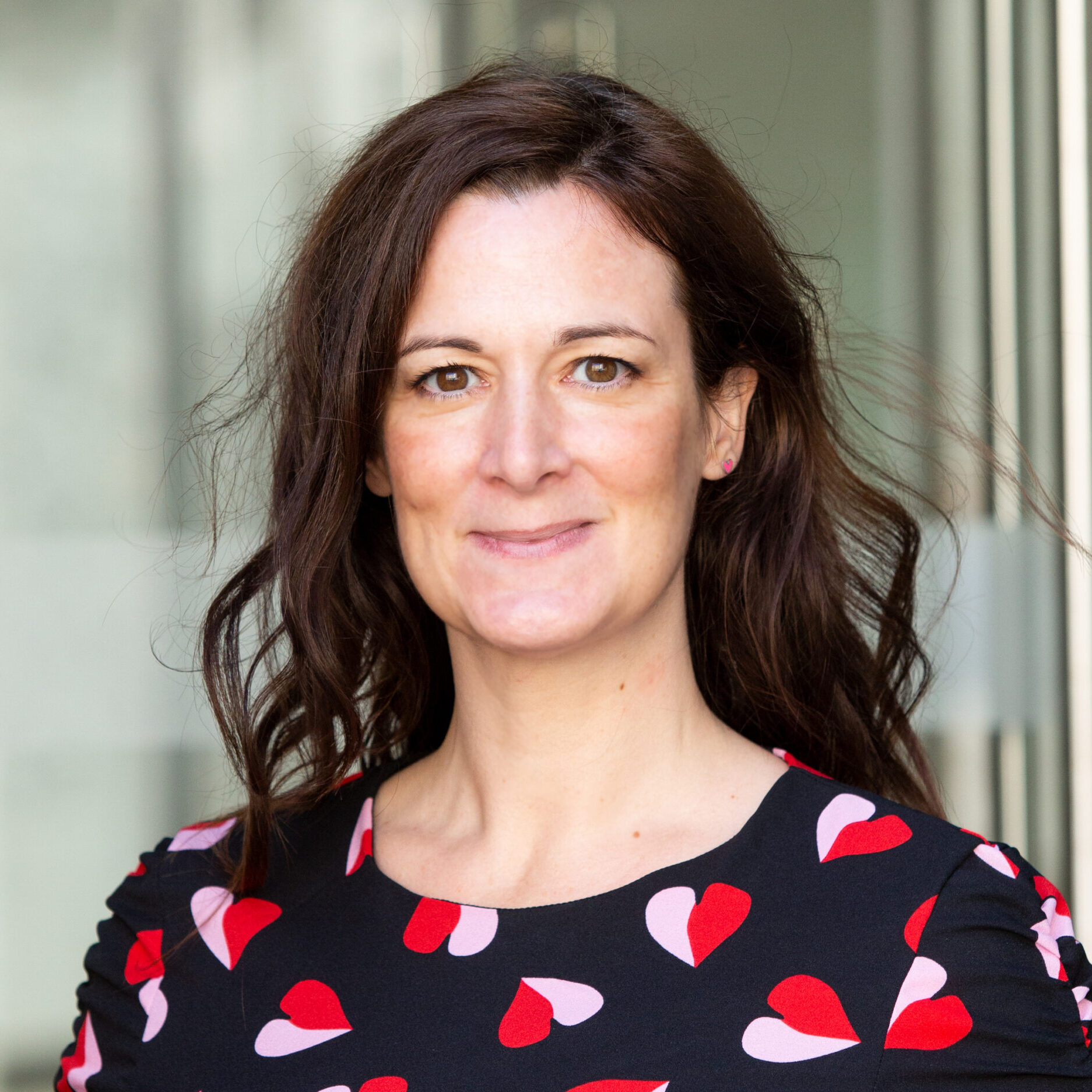
Dr. Simon Roloff studied Cultural Studies, Philosophy, German Studies and Literary Writing at the HU Berlin and the German Literature Institute Leipzig. Doctorate (Dr phil.) at the Bauhaus University Weimar. Then junior professor at the Hildesheim Literature Institute, currently research assistant at ICAM at Leuphana University Lüneburg. In summer 2024, substitute for the professorship for media aesthetics at Leuphana University. Out in December 2024: »Digitale Literatur. Zur Einführung«.
More info about Simon Roloff
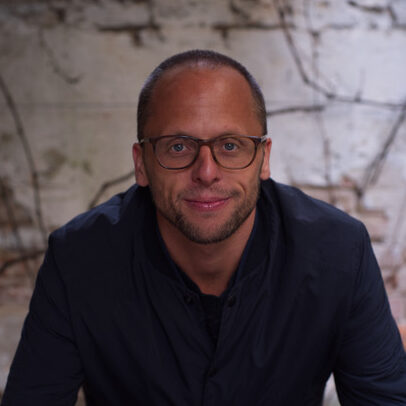
Audrey Samson is an artist-researcher, currently a Stanley Picker Fellow and a member of the duo FRAUD. She is a Professor in More-Than-Computational Arts at l’École de Recherche Graphique. She explores the intersection of technology and critical ecologies. Current investigations: https://frauds.site/.
More info about Audrey Samson
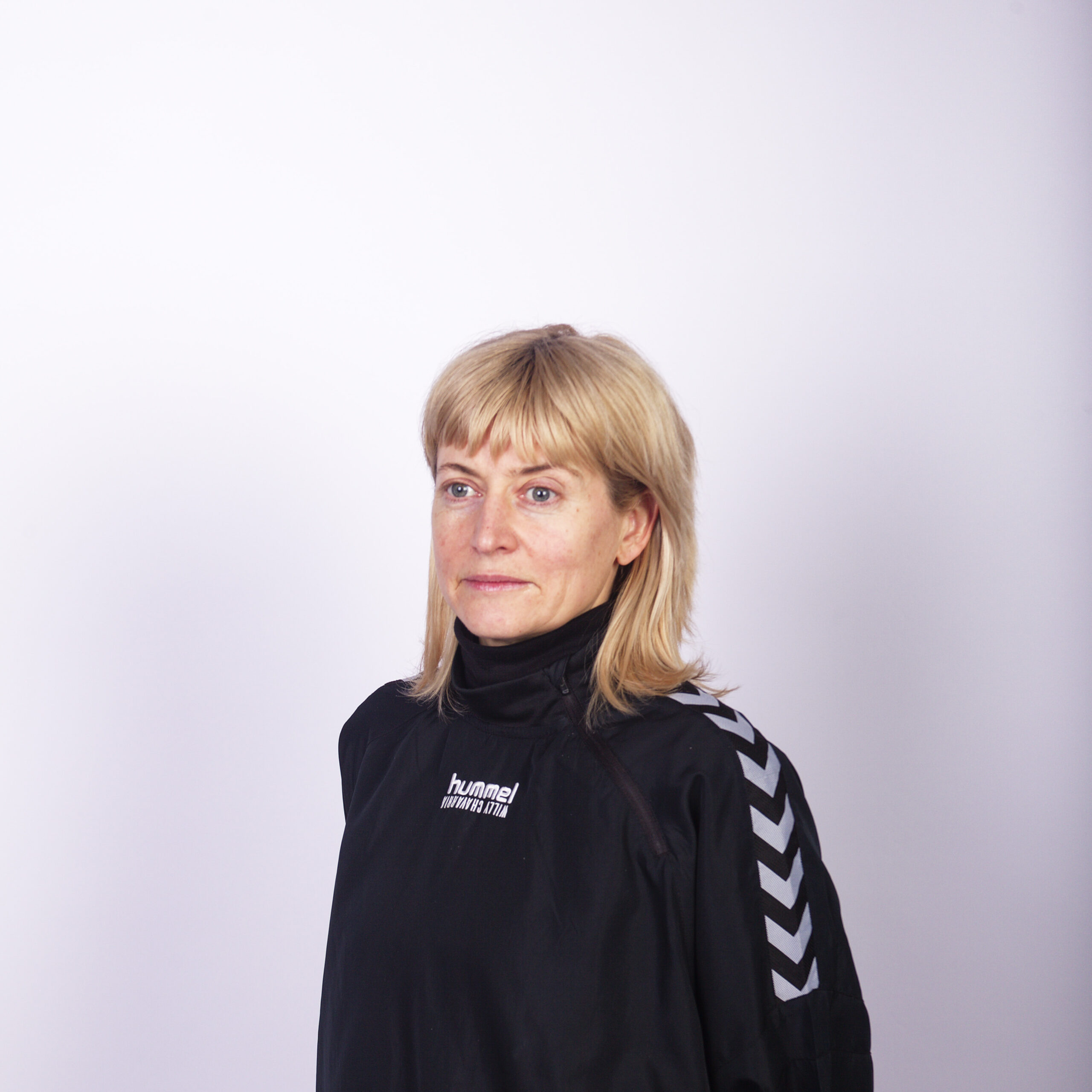
Dr. Jonathan Harth has been researching and working for several years on questions concerning the use of extended reality technologies and sociality under the conditions of artificial intelligence. He studied sociology, philosophy and psychology at the Free University of Berlin and the University of Vienna and works as a research assistant at the Chair of Sociology at Witten/Herdecke University. He is also a scientific advisor for digital projects at the Theater an der Ruhr and regularly gives workshops on art and AI – including at the Academy for Theatre and Digitality Dortmund and the Department of Media / Mixed Reality and Visualization (MIREVI) at the Düsseldorf University of Applied Sciences.
More Info about Jonathan Harth
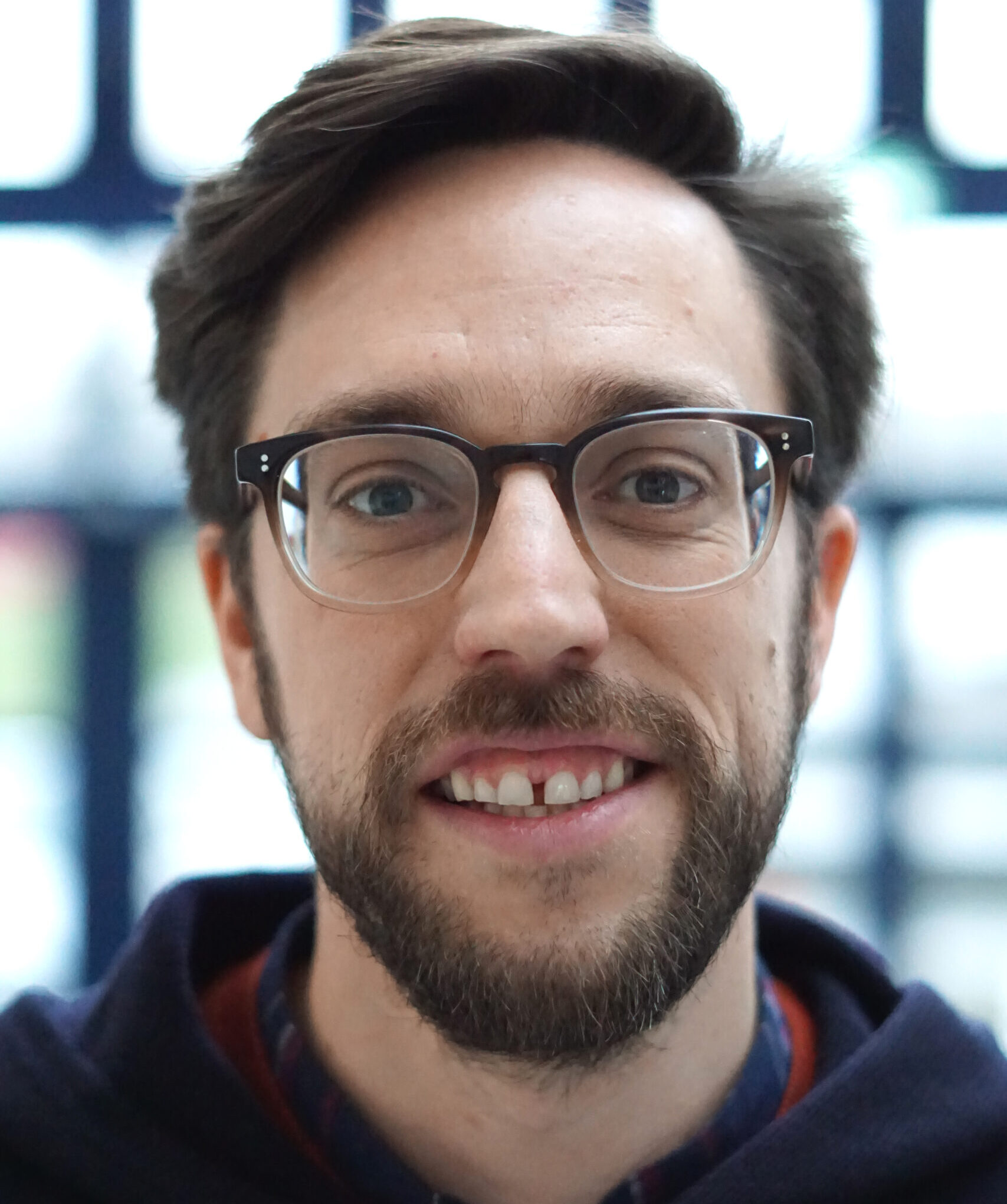
Dr. Kerrin Jacobs is a practical philosopher specialized in philosophy of psychiatry. Currently associated researcher at the Institute for First Person Research at the Department of Psychology, Witten/Herdecke University and at the Medical University of Graz for the Department of Medical Psychology, Psychosomatics, and Psychotherapy, as well as EMMAUS research fellow of the CJ Munich with a project on the role of intuition in spiritual life practice. Until February 2024 she was an Associate Professor of Practical Philosophy at the Department of Philosophy, University of Hokkaido (Japan). There she was a core member of CHAIN (Center for Human Nature, Artificial Intelligence and Neuroscience). Previously, she worked at the Institute for Cognitive Science at the University of Osnabrück and at the Philosophical Seminar at the University of Göttingen. She was a Fellow-in residence at the Nietzsche Kolleg of the Klassik Stiftung Weimar.
More Informationen about Dr. Kerrin Jacobs
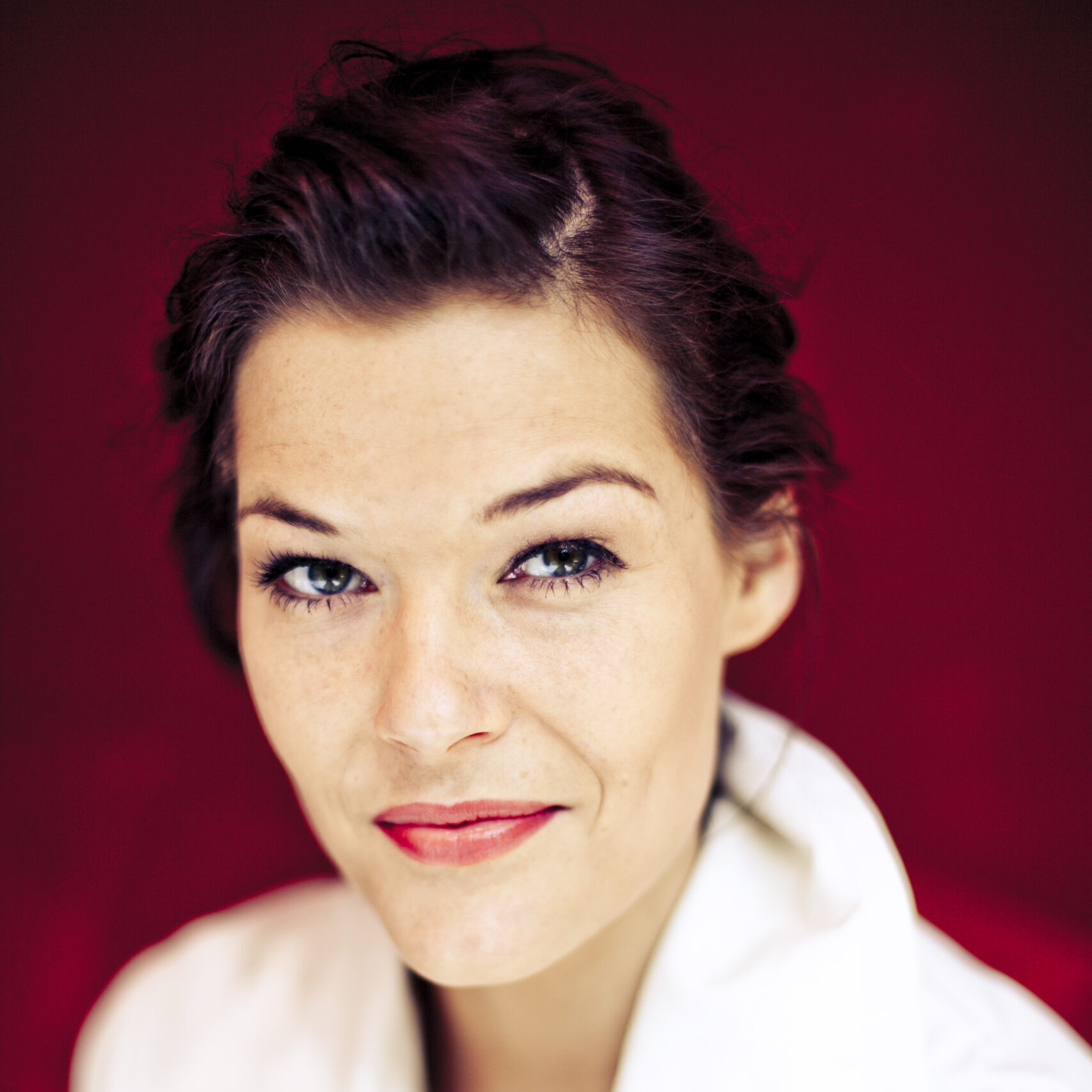
Prof. Dr. Sven Meister holds the Chair of Health Informatics at the University of Witten/Herdecke and is a Senior Scientist at the Fraunhofer Institute for Software and Systems Engineering in Dortmund. He has been working on digitalization in the healthcare sector since 2006 and explores questions such as how digitalization is changing the way healthcare works. He heads the project DIM.RUHR: Data Competence Center for Interprofessional Health Data Use (www.dim.ruhr). His research is supported by a large number of doctoral students from the fields of medicine, computer science, psychology and economics.
More information about Prof. Dr. Sven Meister
Prof. Dr. Matthias Kettner is professor of philosophy at the Department for Philosophy, Politics and Economics at Witten/Herdecke University. He studied psychology and philosophy at Johann-Wolfgang-Goethe-University, Frankfurt, where he collaborated with Karl-Otto Apel and Jürgen Habermas and later on also completed his postdoctoral lecture qualification (Habilitation). After eight years at the Institute for Advanced Studies in the Humanities (KWI) at Essen in research-groups on issues related to media and democracy, he accepted in 2002 a position as full professor at Germany’s first and pioneering private University. He has published on a wide range of issues in discourse ethics, medical ethics and ethics committees, human dignity, philosophy of culture, and theory of psychoanalytic interpretation. His current research focuses on intercultural ethics in economic and other domains, and on philosophical approaches to the current transformative cultural process of digitalization.
He is co-editor of the volume “Philosophische Digitalisierungsforschung” (transcript, 2024), which brings together the results of a series of conferences of the same name at the Center for Advanced Internet Studies in Bochum.

Aude Florence Bertrand-Höttcke is a research associate at the WittenLab at Witten/Herdecke University. She is an affiliated researcher at the cultural sociology observatory L’Observatoire at the MESHOPOLIS research institute in Aix/Marseille. In the academic year 2024/25, she will be a visiting researcher at the Institut ACTE Paris 1 Panthéon-Sorbonne, examining the archive of theRencontres Internationales Paris/Berlin. Before and in addition to her dissertation on the philosophy of contemporary art with Prof. Matthias Kettner, she was involved in a large number of art projects between the Rhine and Ruhr. Before that, after studying international economics at ESCP, she worked as a consultant for business and non-profit organizations.
Photo Header: FAM_EVENTS, as part of “Blue Skies. Bodies in Trouble”, 10.-14.07.2019, PACT Zollverein, Essen, © Killa Schuetze;
Photo: !Mediengruppe Bitnik, © Iris Janke, Berlin; Photo: Audrey Samson, @Toscane Thieffry; Photo: Gemma Galdon-Clavell, © Dani Blanco, ARGIA; Photo Prof. Kerrin Jacobs © I.Klujce; Photo: Prof. Dr. Matthias Kettner © Kunstpatenaktion



